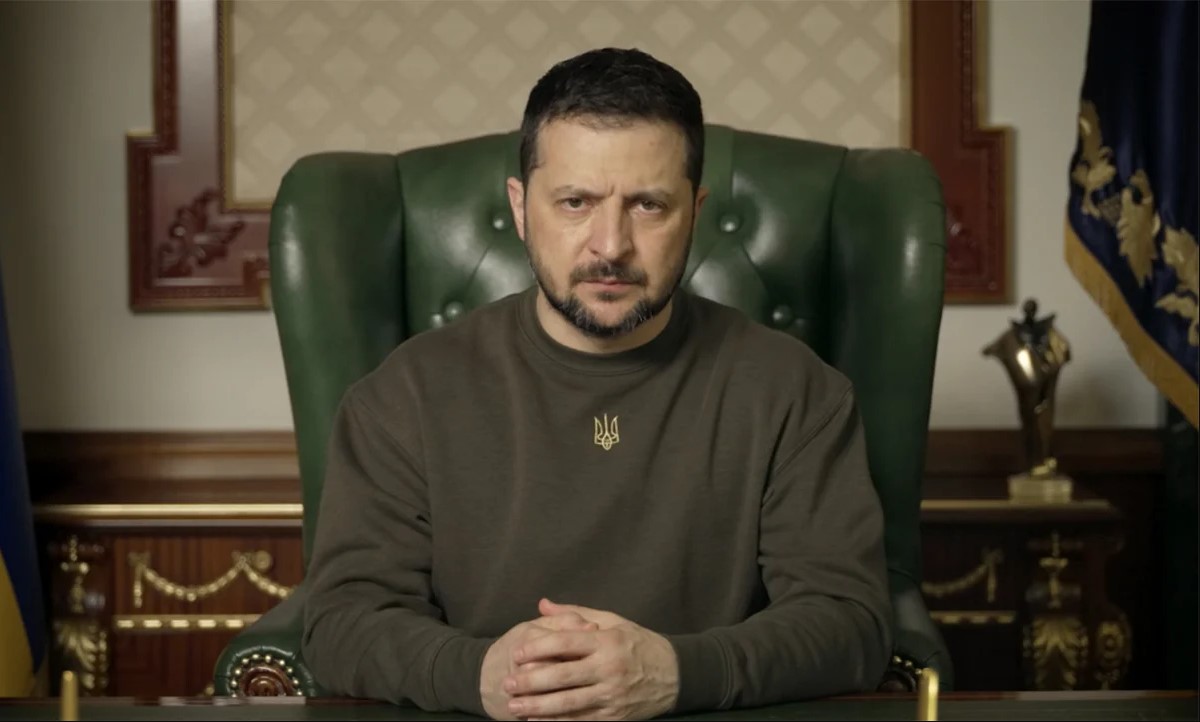
President of Ukraine Vladimir Zelensky may have to overcome a serious political test associated with the increase in the tax burden on the population and business.
This was reported by URA-Inform with reference to The New York Times.
As the aforementioned press service writes, the new tax law adopted by the Ukrainian parliament has become the largest fiscal change since the war with Russia began more than two years ago.
This step, aimed at collecting additional funds to finance military action, carries high political risks and could cause a wave of popular discontent.
The adopted law envisages a significant increase in the military tax on citizens' incomes – from 1.5% to 5%. The innovation also concerns doubling the tax on bank profits to 50% retroactively for the current year, as well as raising taxes on the income of other financial institutions. This fiscal package, although necessary in terms of ensuring military spending, raises concerns among experts regarding its economic and social impact.
Deputy Chairman of the Verkhovna Rada Economic Committee Oleksiy Movchan acknowledged the unpopularity of this decision. In an interview with The New York Times, he noted: “They will hate us, but we have no other choice. It's about our survival in this war.”
According to the publication, Ukraine is already experiencing a sharp decline in the standard of living of citizens against the backdrop of military action and economic instability. Increasing the tax burden only worsens the situation, threatening both the financial stability of businesses and the purchasing power of the population.
The publication also notes that the tax changes come at a difficult time: in the east of the country, Ukrainian troops are losing ground, and military and financial support from Western allies is starting to decline due to “war fatigue.” In this context, Zelensky, returning from a diplomatic tour of European capitals, risks facing domestic protests and popular discontent.
The New York Times emphasizes that for Zelensky, raising taxes could have serious political consequences. The introduction of such an unpopular measure in a country whose economy is weakened by the ongoing conflict creates tensions between the government and the population.
The call for increased support from foreign allies in Europe is just part of the Ukrainian government's efforts to maintain stability. However, as the publication notes, popular anger over the tax reform could become a new test for the Zelensky administration, which will inevitably affect the domestic political situation.
Meanwhile, Russian troops have stepped up the movement of columns through Mariupol.

